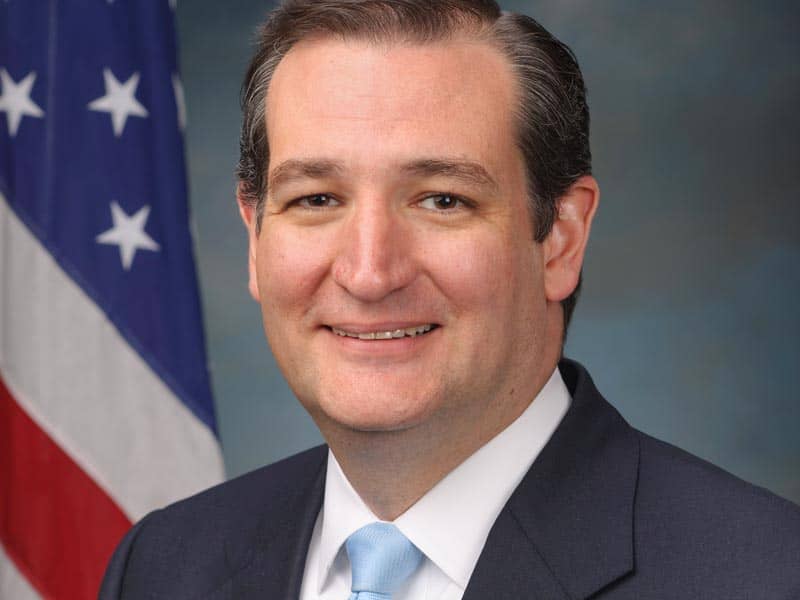Sen. Arlen Specter, R-Pa., said Alito had told him in a private meeting that "with respect to his personal views on a woman's right to choose ... that is not a matter to be considered in the deliberation on a constitutional issue of a woman's right to choose. The judicial role is entirely different."
Specter, who supports abortion rights, said he was neither satisfied nor dissatisfied with what he had heard earlier in his office, and emphasized that he would question Alito vigorously about the issue at confirmation hearings scheduled to begin Jan. 9.
The sequence of events - the private meeting followed by Specter's news conference - came after days of controversy sparked by 20-year-old documents in which Alito expressed his opposition to abortion in stark terms.
In one, a sort of job application, Alito wrote in 1985 that he did not believe abortion rights were provided by the Constitution. In the other, a legal memo released on Wednesday, he counseled other lawyers in the Justice Department on a strategy for chipping away at abortion rights, with the eventual goal of overturning a landmark 1973 ruling on the subject.
Specter said that Alito had told him that in the legal memo, he had been acting as a lawyer for the Reagan administration, which had a policy of seeking the reversal of the Roe v. Wade abortion ruling that dated from 1973. "He raised a sharp distinction, as he put it, between his role as an advocate and his role as a judge," the senator said.
Specter also said he had questioned Alito about the importance of legal precedent, known as the principle of stare decisis.
"Judge Alito says that when a matter is embedded in the culture, it's a considerable factor in the application of stare decisis," the senator said. He added that Alito had told him that the Constitution "is a living thing in the sense that it protects rights by setting out principles to be applied in changing circumstances."
| _Related Features | |
|
|
 |

